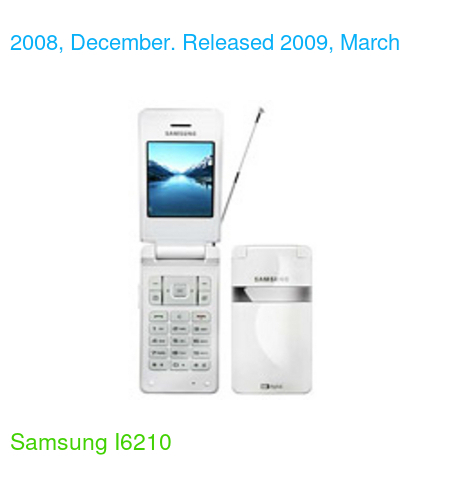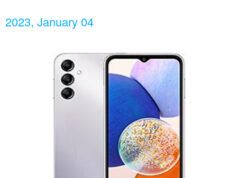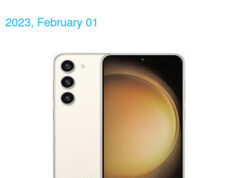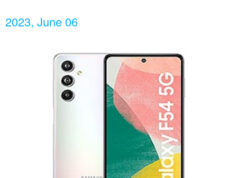| NETWORK | Technology GSM |
| Weight | 118 g (4.16 oz) |
| SIM | Mini-SIM |
| DISPLAY | Type TFT, 16M colors |
| Size | 2.4 inches, 17.8 cm2 (~35.9% screen-to-body ratio) |
| Resolution | 240 x 320 pixels, 4:3 ratio (~167 ppi density) |
| MEMORY | Card slot microSD (dedicated slot) |
| Phonebook | 1000 entries |
| Call records | 30 dialed, 30 received, 30 missed calls |
| Internal | 29MB |
| MAIN CAMERA | Single 2 MP |
| Features | video |
| SELFIE CAMERA | No |
| SOUND | Loudspeaker Yes 3.5mm jack No |
| COMMS | WLAN No Bluetooth 2.0 Positioning No Radio FM radio USB No |
| FEATURES | Sensors Messaging SMS Browser WAP 2.0/xHTML Games Yes Java No T-DMB TV receiver Organizer Voice memo Predictive text input |
| BATTERY | Type Removable battery |
| MISC | Colors Black, White |
Specifications data description of this 📱Samsung I6210📱
Title: Unveiling the Specs of the Classic Device: A Comprehensive Review
Introduction
In the ever-evolving world of technology, it is fascinating to take a trip down memory lane and revisit the specifications of classic devices that have shaped the way we use smartphones today. This blog post will delve into the specifications of a classic device, highlighting its unique features and components. So, let’s get started!
Lineup
Launched in the era of iconic devices, this model stood out in the lineup with its remarkable features and specifications. The device’s unique selling points included its compact form factor, a wide range of features, and the operating system that powered it.
Design
The device boasted a sleek design with a compact form factor that easily fit in the palm of your hand. Its weight of 118 g (4.16 oz) offered a comfortable and sturdy feel. The device featured a Mini-SIM card slot, signifying its relevance during the time of its release.
Specifications
🌐 Network & LAUNCH 📅:
The device supported the GSM network technology, offering reliable connectivity during its time. Launched with cutting-edge technology, it offered seamless communication and data transfer capabilities.
🏋️ Body:
Weighing just 118 g (4.16 oz), the device was lightweight and ergonomically designed for effortless handling.
🌈 Display:
Its Type TFT, 16M colors display mesmerized users with vibrant visuals and a 2.4 inches screen, offering a resolution of 240 x 320 pixels.
🤖 OS 🛠️:
The device ran on the operating system that was popular during its time, ensuring smooth functionality and efficient resource management.
💪 CPU 🖥️:
Its robust CPU guaranteed fast and efficient performance, handling multiple tasks seamlessly.
🎮 GPU 💻:
The device featured a dedicated GPU designed for efficient graphics rendering, elevating the gaming and visual experience.
🧠 Memory 🗂️:
With a card slot for microSD and a built-in memory of 29MB, it offered ample space for user data and apps.
📷 Camera 🎥:
Equipped with a 2 MP main camera, the device captured decent images and featured video recording capabilities.
🔈 Sound 🎵:
A loudspeaker ensured clear audio output, while the absence of a 3.5mm jack was common during this time.
📡 Comms 📶:
Featuring connectivity options such as Bluetooth 2.0, FM radio, and USB, the device provided a wide range of communication options.
💡 Features 🎁:
This device was packed with numerous features, including messaging, WAP 2.0/xHTML browser, voice memo, predictive text input, and even a T-DMB TV receiver.
🔋 Battery 🔌:
A removable battery ensured uninterrupted usage for an acceptable duration.
Misc
Color options included Black and White, suiting users’ preferences and style.
Conclusion
As we conclude this journey through the specifications of a classic device, it’s intriguing to observe how far smartphone technology has come since its inception. If you have owned or used this device, share your experiences and memories in the comments below, allowing us to connect and reminisce about the past.







